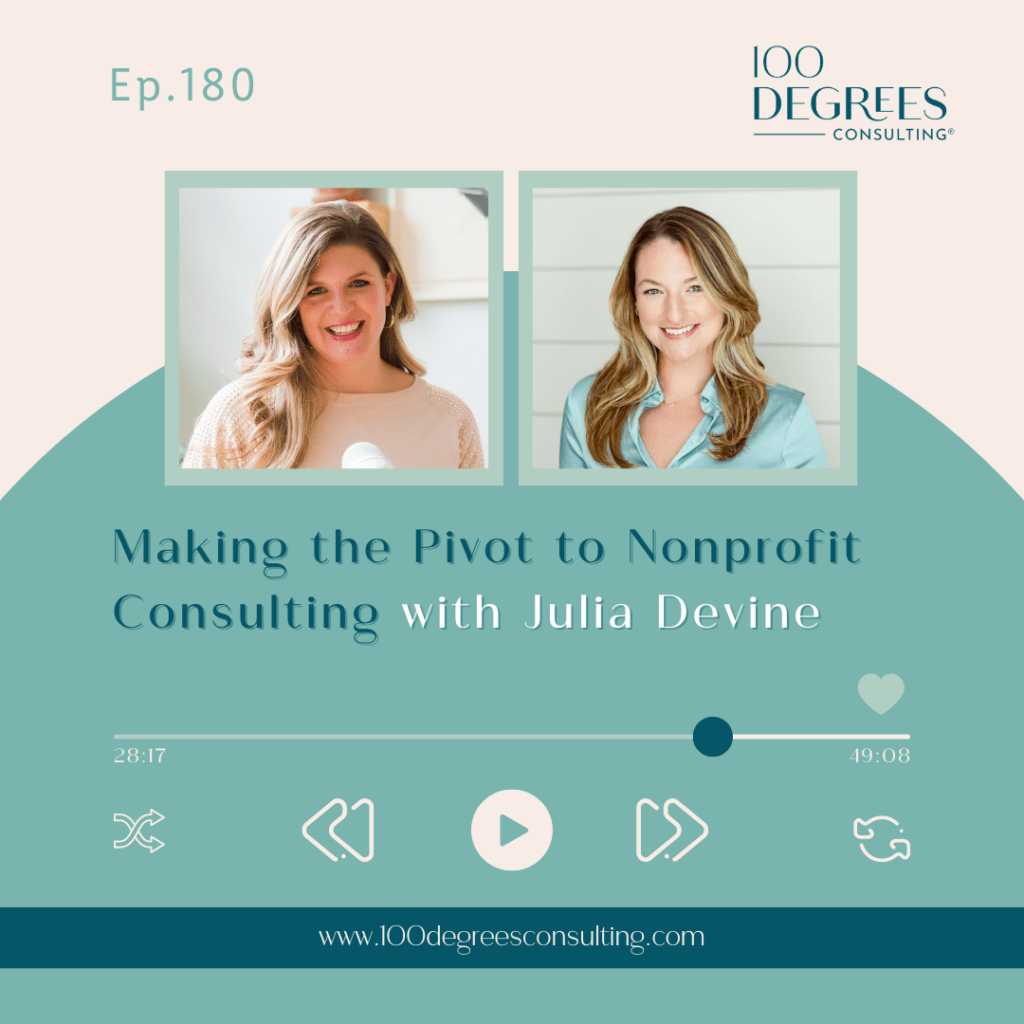I recently came across an article that touted the entrepreneur and shamed anyone else who dare bestow that title upon themselves unless they were a tech startup guru.
Now don’t get me wrong – anyone that can come up with a unique idea, understand the technology to make it happen, secure money to bring the product to the masses, and keep that company rolling as it grows at a rapid pace is a special unicorn. I mean, I am still taking notes in a notebook with a pen, so what do I know?

But because that is now the understood “definition” of an entrepreneur, some people have declared that no one else may claim that title.
I beg to differ.
If you Google “small business owner vs. entrepreneur”, you’ll find hundreds of articles laying out arbitrary definitions of each, most of them painting a picture of the small business owner as a hometown, older guy, smiling in front of his washing machine shop on Main Street, and the entrepreneur as a sleek, young guy in an urban area. In fact, some even use stock photos that are exactly as I just described.
One article says that a small business owner’s company demands “more manual talents” where an entrepreneur’s work demands more “analytical reasoning, creativity, and complex interpersonal communications.”
Unless you count picking up the phone and typing on my laptop, I’m spending a lot more time analyzing and communicating than manually schlepping stuff around. So does that mean I’m allowed to be called an entrepreneur?
If you couldn’t tell, I took a bit of offense to this differentiation between the two and the shaming of small business owners as the lesser of the two, as I believe my business venture to be highly entrepreneurial. According to an Entrepreneur.com article, here are some differences:
Small-business owners have a great idea. Entrepreneurs have big ideas.
What’s your definition of big? Big doesn’t necessarily mean more. My time in the nonprofit world has taught me that impact is the best measure of success and greatness. If my business can help a handful of nonprofits increase their impact tenfold, or help a small business double their revenue, or a startup obtain investor funding, because they understand their numbers better, I think that’s pretty big, even though I may never have offices in 12 countries and a hundred employees.
Small-business owners hold steady. Entrepreneurs love risk.
Leaving anything comfortable is always a risk. It doesn’t have to be millions of dollars risky; it just involves a leap of faith outside of your comfort zone which I love and practice as much as I can.
Small-business owners think about the things they need to finish this week. Entrepreneurs are thinking ahead six months.
I don’t think any small business owner is a good business owner without thinking ahead six months. Of course, we all have our weekly to-do lists (I’m sure that even the savviest entrepreneurs would agree) but I have a big vision for my company that spans not only six months but six years and beyond. The question that swims around in my brain daily: how can we support the most nonprofits, small businesses, and startups in the most impactful way possible?
Small-businesses owners are sentimental with their businesses. Entrepreneurs focus on scaling.
I bet you’d be hard-pressed to find an entrepreneur who wasn’t also emotionally attached to their business in some way. Isn’t that why we work ridiculous hours and read emails in bed and take calls during a beach vacation?
A Silicon Valley pundit may disagree, but one thing we do have in common is:
We love what we do and are lucky enough to spend our days pursuing something we enjoy. I am proud to be both a small business owner and entrepreneur. Where do you fall in the spectrum?
PS – Nonprofits can be entrepreneurial too!



















